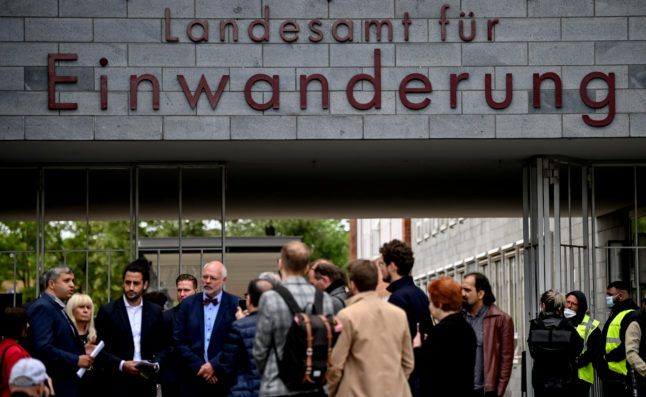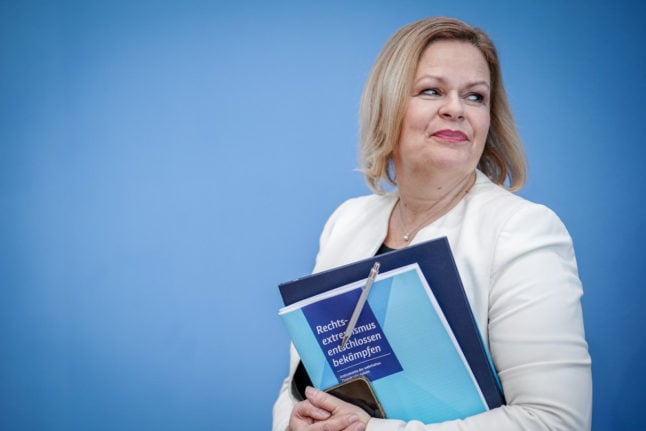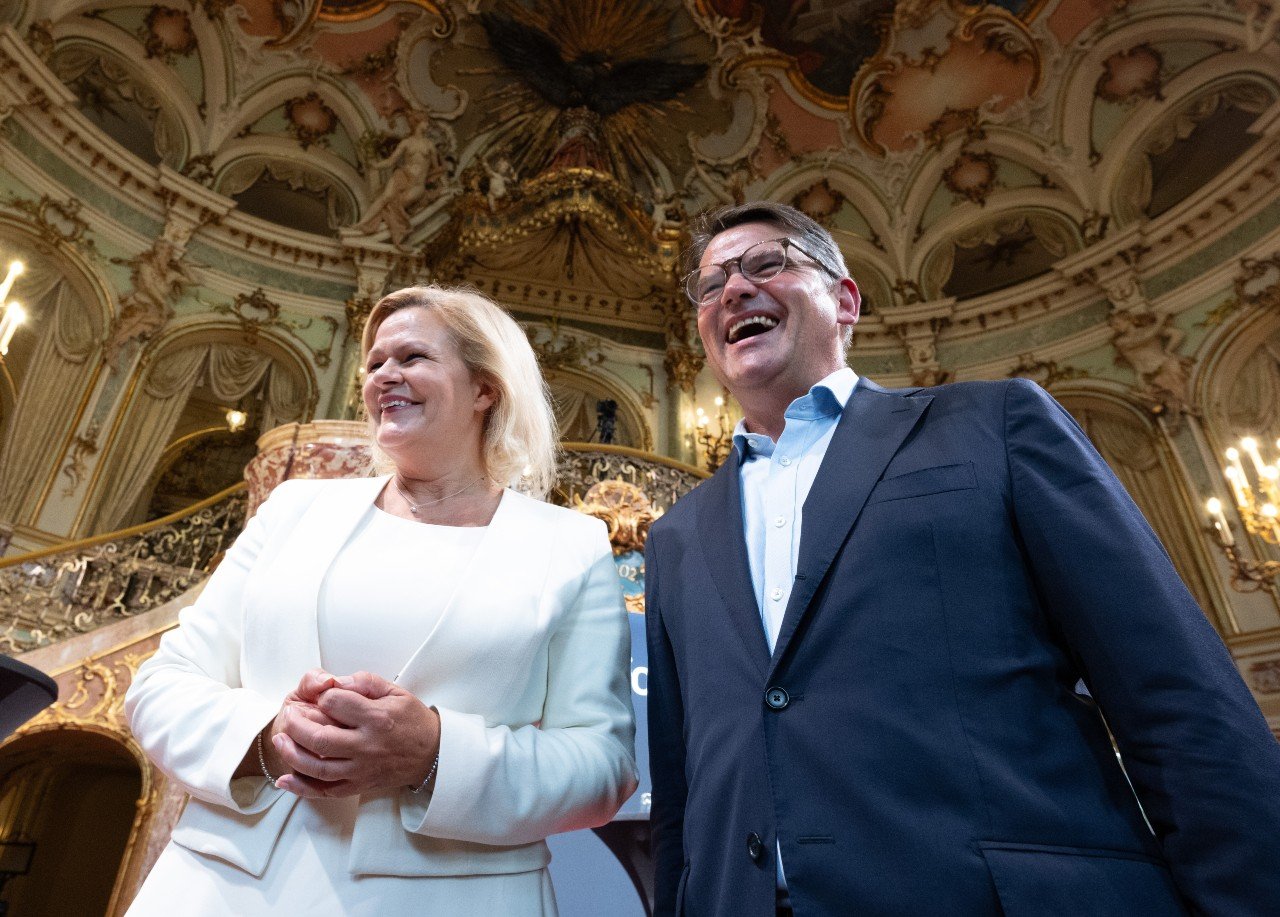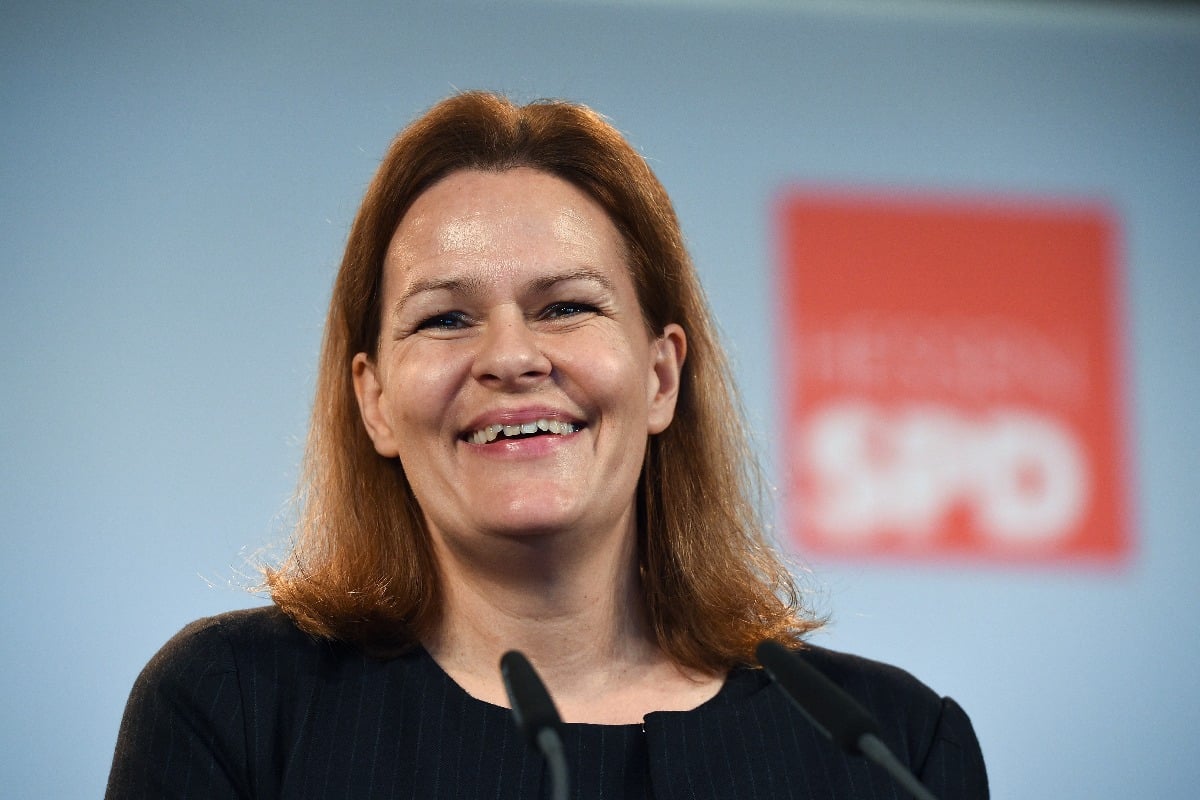If researchers are right, Germany’s population in 2030 will be 86 million, an increase of about five million over 2011 numbers. Although the country’s low birth rate has risen slightly in recent years, immigration and newcomers make up for most of that bump.
Around 329,000 people moved to Germany last year. That’s similar to the numbers seen before the pandemic. In the last few months of 2021, refugees from Syria and Afghanistan made up a considerable part of the total, according to researchers.
Deutsche Bank projects that number will be much higher this year, and are already predicting that 1.3 million Ukrainians will have come to Germany over the course of 2022 as Russia wages war on their homeland.
Analysts also reckon that a smaller, but still significant number of Ukrainians—about 260,000—will come to Germany in 2023.
That brings up two big questions: firstly, how long the war will last and secondly, whether Ukrainians who fled to Germany will end up staying long-term.
Report authors say Ukrainians in particular are well-placed to find jobs in Germany due to their relatively high qualifications and the country’s skilled labour shortage. About half a million skilled labour jobs in Germany are unfilled in everything from social work to education and information technology.
READ ALSO: Germany looks to foreign workers to ease ‘dramatic’ labour shortage
The Deutschland Monitor, as the report is called, also highlighted a few other notable findings.
Arrivals from Syria, Romania, and Afghanistan made up the top three in 2021.
In fourth spot, almost 24,000 new arrivals in Germany in 2021 came from India. Researchers say Berlin’s largely English-speaking start-up scene is particularly attractive to skilled technology jobseekers.
Researchers say that, in general, the report is a positive news story—with economic boosts expected that could help to address Germany’s skilled labour shortage.
However, the report cautions of the risk that an increasing population will put further pressure on the housing market.
READ ALSO: Energy crisis to labour shortage: Five challenges facing Germany right now






 Please whitelist us to continue reading.
Please whitelist us to continue reading.
Member comments